Unlocking Opportunity: How Lock-Off Units Could Shape Toronto's Housing Market
The Greater Toronto Area (GTA) is grappling with a housing affordability crisis that has profound social and economic implications. According to recent research, the housing affordability challenge in the GTA has resulted in a 9% reduction in well-being among affected residents, equating to a staggering $37 billion in social value cost in 2023 alone. This crisis has put immense pressure on policymakers to identify effective solutions that address the needs of low- and middle-income residents while maintaining the region's economic vitality.
In response to this pressing issue, innovative housing solutions are being explored, one of which is the concept of lock-off units in condominium developments. These lock-off units, also known as "apartments within apartments" or "basements in the sky," offer a unique approach to enhancing housing affordability and flexibility for homeowners. In this article, we will delve into the history, current use worldwide, implementation in Canada, and the potential for lock-off units to address the housing crisis in Toronto and the GTA.
Lock-off units have their origins in the realm of resort architecture, where they were initially utilized in vacation properties and time shares. The concept involves dividing a unit into two separate dwellings, each with its own entrance and amenities. Traditionally, one portion of the unit would be a full-sized apartment, while the other would be a smaller, more compact space resembling a hotel room.
The idea of lock-off units was first introduced to British Columbia in 2002 at Simon Fraser University's Burnaby Mountain UniverCity development. These units were intended to serve as a "mortgage helper" for homeowners, allowing them to rent out the additional space for supplemental income. The success of lock-off units in addressing affordability issues at UniverCity garnered interest from other municipalities in the region, including the City of Vancouver and the City of North Vancouver.
Lock-off units have gained traction worldwide as developers seek innovative solutions to address housing affordability challenges. Examples of lock-off units can be found in various countries and regions, including Mexico and the United States. In Mexico, lock-off units are commonly used in resort communities, where they provide homeowners with the flexibility to rent out a portion of their property while retaining access to the rest for personal use.
In the United States, lock-off units are increasingly being incorporated into multi-family developments in urban areas. These units offer homeowners the opportunity to generate rental income by leasing out a portion of their property while still maintaining privacy and autonomy. The flexibility of lock-off units appeals to a diverse range of demographics, from young professionals seeking affordable housing options to retirees looking to downsize without sacrificing financial security.
In Canada, lock-off units have been embraced as a potential solution to the housing affordability crisis, particularly in Metro Vancouver and British Columbia. Developers in Metro Vancouver, including Surrey and Coquitlam, have begun incorporating lock-off suites into multi-family developments to enhance affordability and flexibility for homeowners. For example, StreetSide Developments is set to launch presales for a condo tower in Surrey called Juno, featuring units with lock-off suites.
Specific municipalities in Canada have adopted policies to permit lock-off suites in townhouse complexes and apartment buildings. Burnaby, Surrey, North Vancouver, Port Moody, and Vancouver are among the municipalities that have approved the inclusion of lock-off suites in new developments. These suites provide homeowners with the option to rent out a portion of their property for additional income or accommodate family members while maintaining privacy and independence.
As the housing affordability crisis in Toronto and the GTA continues to escalate, there is growing interest in exploring innovative housing solutions like lock-off units. The potential for lock-off units to address the housing shortage in the region lies in their ability to offer homeowners flexibility and affordability benefits. By allowing homeowners to generate rental income or accommodate family members, lock-off units provide a viable alternative to traditional housing options.
However, the adoption of lock-off units in Toronto and the GTA may be influenced by various factors, including housing affordability, zoning regulations, and market demand. While lock-off units have proven successful in other Canadian cities, their implementation in Toronto and the GTA would require careful consideration of local dynamics and preferences. Additionally, stakeholders must work collaboratively to address any potential challenges and ensure that lock-off units are integrated seamlessly into the region's housing market.
Lock-off units represent a promising solution to the housing affordability crisis facing Toronto and the GTA. By offering homeowners flexibility and affordability benefits, these units have the potential to alleviate pressure on the housing market and provide much-needed relief to residents. As policymakers and stakeholders continue to explore innovative housing solutions, lock-off units offer a compelling option for addressing the region's housing needs.
The implementation of lock-off units in Toronto and the GTA holds promise for improving housing affordability and enhancing the overall well-being of residents. By embracing innovative housing solutions like lock-off units, the region can work towards creating a more inclusive and sustainable housing market for all. Continued research and discussion on this topic are essential to ensuring that lock-off units are effectively integrated into future condo developments and contribute positively to the real estate landscape in Canada.
Thinking about selling your home?
Get in touch. We'll guide you through every step of the process to ensure a smooth transaction that meets your goals.




